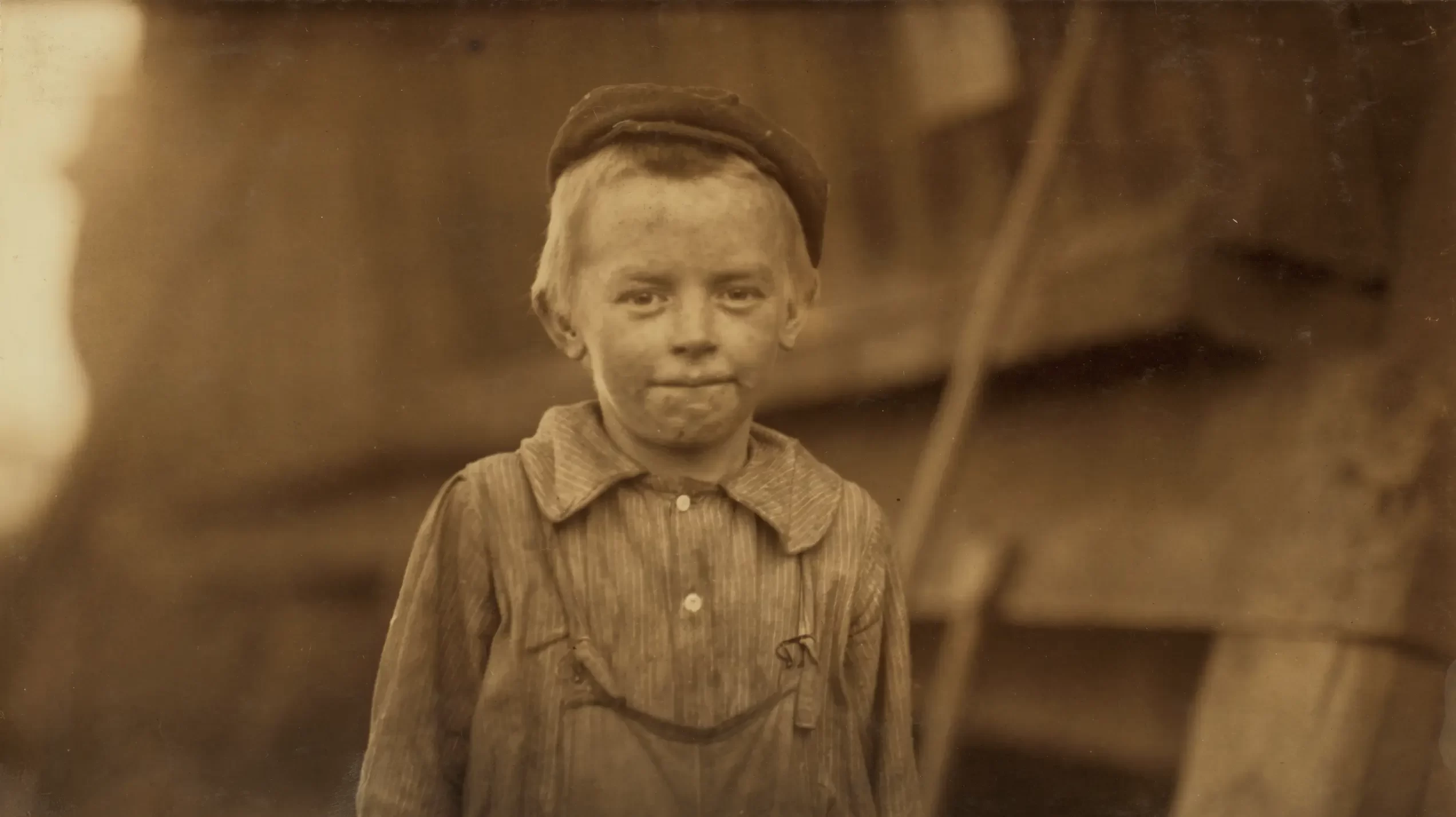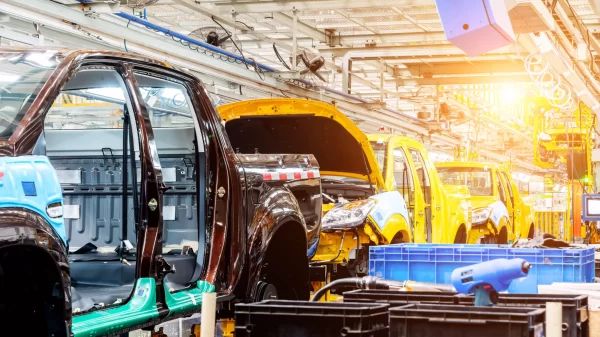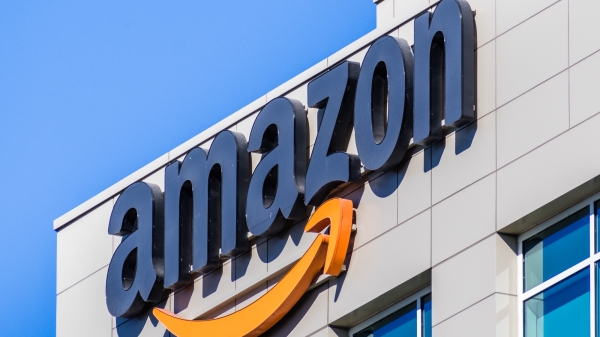|
Getting your Trinity Audio player ready...
|
87 years ago today, Alabama Senator Hugo Black introduced the Fair Labor Standards Act, informally the Black-Connery bill, to the Senate.
In a radio address the next month, Black cried that the American people had “waited too long for [federal labor regulation] already — at what cost in dollars and cents, as well as in flesh and blood, no one will ever know.”
The act, when it was signed by President Roosevelt in 1938, created the 40-hour workweek, time-and-a-half pay for overtime, and the first federal ban on child labor to survive the courts.
Of course, Black’s support doesn’t mean Southern politicians writ large favored the legislation — many viewed it as simultaneously a sop to Northern industry and a threat to the Southern economy.
On the House floor, Rep. Samuel McReynolds of Tennessee called the FLSA “another protecting tariff wall around the industries of the North and East to the detriment of the wage earners of southern factories.” 52 of the 57 House Democrats who eventually voted against the FLSA were from the former Confederacy, including four of Alabama’s nine representatives.
Eventually, though, the FLSA was signed into law despite Southern conservatives’ screams and tantrums. For a while, America began to put child labor behind us.
But unfortunately for everyone, I guess child labor isn’t exempt from that old saying: “absence makes the heart grow fonder.”
Earlier this month, while rubber stamping a bill making it easier to hire 14- and 15-year-olds, several Alabama politicians began to rhapsodize about how more child labor could boost economic productivity and help deal with those meddlesome minors.
To quote state Rep. Susan DuBose, R-Hoover, kids “could go home from school and sit on their phone for three hours, and that’s like three hours wasted. Or they could go down the street and work in a restaurant.”
Or, if you want a Democrat’s perspective, Rep. Berry Forte, D-Barbour, was happy to tell his colleagues in the state House that there “wasn’t no such thing as child labor back in the day.” (Born two days after the FLSA took effect, Forte is ever so slightly too young to be able to say “back in my day”).
Back to the Republicans, Rep. Brett Easterbrook, R-Fruitdale: “As we took more kids out of the workforce, parents have been not holding kids responsible, we see the results that we have today: rebellious kids who know nothing.”
It’s nice to know that, sure, Medicaid expansion might not be a bipartisan issue, but we still have a healthily bipartisan pro-child labor caucus in Montgomery.
And while Alabama’s politicians take precious time out of their packed legislative session to make it easier to hire children, we keep seeing underage workers get exploited and killed. Or rather, we keep refusing to see that.
An Alabamian today could wake up in the morning, put on their Fruit of the Loom socks, hop in their Hyundai, buy some chicken, and never once give a passing thought to how much they’ve relied on what may very well be products of child labor.
Over 5 million people live in Alabama. Statistically speaking, someone somewhere in Alabama has probably done exactly that.
You see, Hannah Dreier, the now Pulitzer Prize winning New York Times reporter, found that middle schoolers had been working for a Fruit of the Loom supplier right here in Alabama as recently as the fall of 2022. Smaller fingers are really useful for that fine detail sewing work I hear.
In December 2022, a bombshell report from Reuters revealed Hyundai’s supply chains were chock-full of child labor. One of the suppliers at fault, SMART, was majority-owned by Hyundai at the time. (Remember what Gov. Ivey told us though: “automotive manufacturing is one of Alabama’s crown jewel industries”).
Just this month, the Department of Labor searched Mar-Jac Poultry of Alabama and happened to stumble across some kids doing some light chicken carcass cutting. The company, of course, is deflecting and saying that they took all necessary precautions.
Listen, I’ve seen pictures of the children Mar-Jac was hiring. If the company really does “question applicants who appear young for their age” like they claim, they need to think of some better questions. Maybe stop asking “And you promise you’re not lying about your age, right?” and start asking “So who is your favorite character on ‘Bluey’?”
These aren’t just isolated incidents. I think we’re allowed to ignore that excuse once we have to use our fingers and our toes to count the number of kids found working in Alabama factories.
Child labor is a pandemic in Alabama. It is a seeping sore on the state’s soul that our state politicians have repeatedly failed to face head on — at what cost in dollars and cents, as well as in flesh and blood, no one will ever know.
Alabama needs to fix its child labor problem now. Alabama needed to fix its child labor problem yesterday. And Alabama needed to fix its child labor problem last year too. But addressing child labor tomorrow would still be better than addressing it next week, and far better than doing so next year or, God forbid, next decade.
“Oh, but Chance,” I can already hear some panicked Alabama voters asking, “wouldn’t we need the state legislature to pass new child labor legislation? Do they even remember how to vote for a good bill?”
Well, that’s a great point, but I guess you could call me an optimist.
If Alabama’s state legislators spent less time figuring out how to let businesses hire kids and more time figuring out how to stop businesses from hiring kids, I’m optimistic that they could think of something. Eventually.






















































